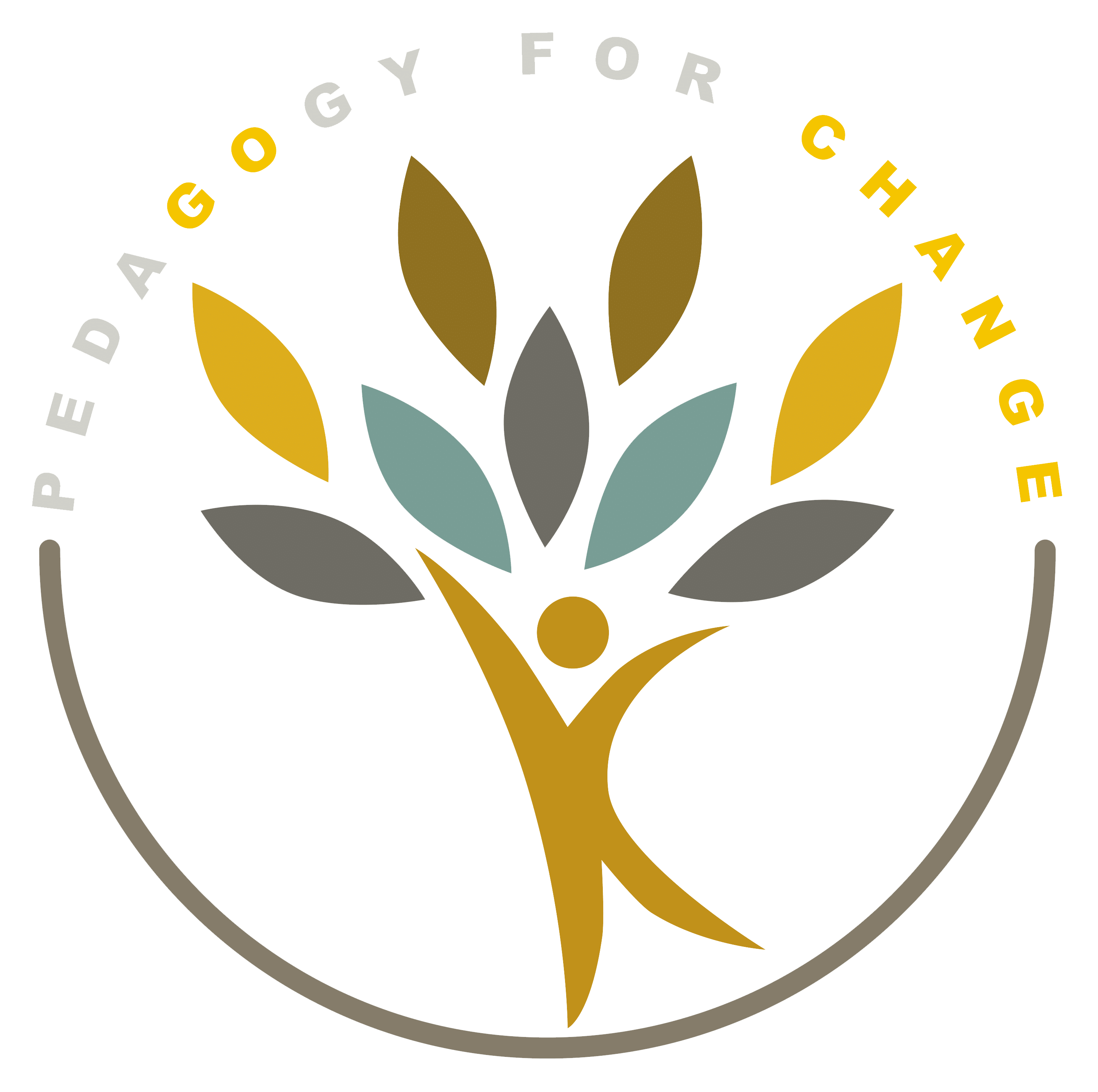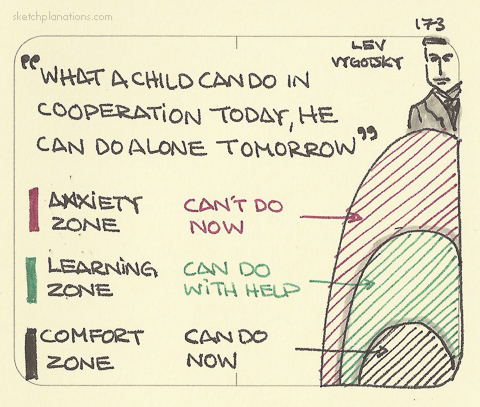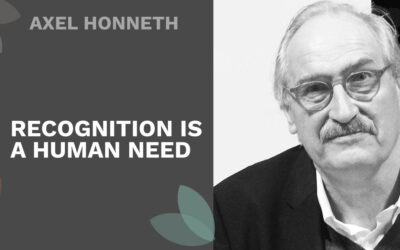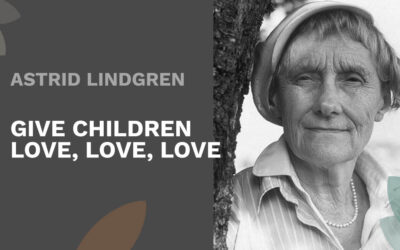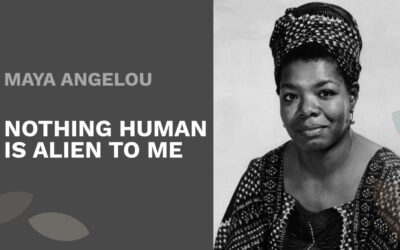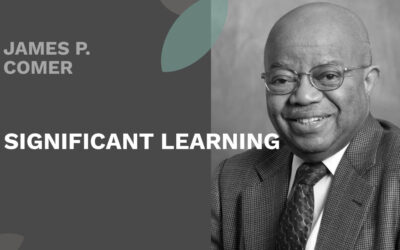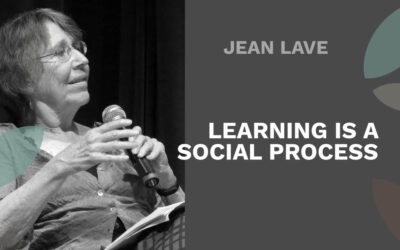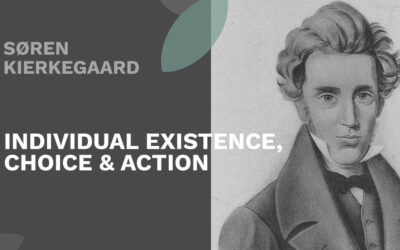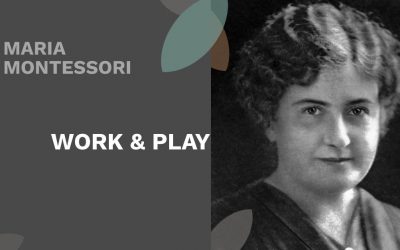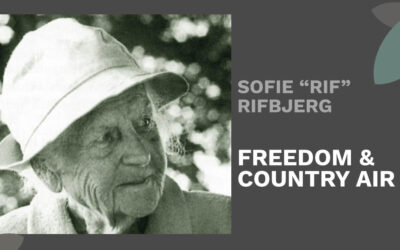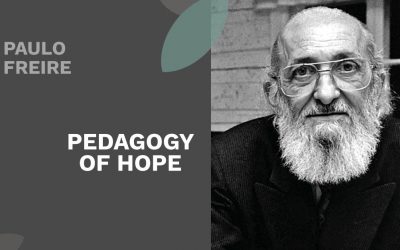
What is Pedagogy for Change?
The Pedagogy for Change programme offers 12 months of training and experiencing the power of pedagogy – while you put your skills and solidarity into action.
Studies and hands-on training takes place in Denmark, where you will work with children and youth at specialised social education facilities or schools with a non-traditional approach to teaching and learning.
In short:
• 10 months’ studies and hands-on training in Denmark, working with children and youth at specialised social education facilities or schools. At the same time yo will study the world of pedagogy with your team – a group of like-minded people. You will meet up for study days every month.
• 2 months of exploring the reality of communities in Scandinavia / Europe, depending on what is possible – pandemic conditions permitting. You will travel by bike, bus or perhaps on foot or sailing.

Lev Vygotsky
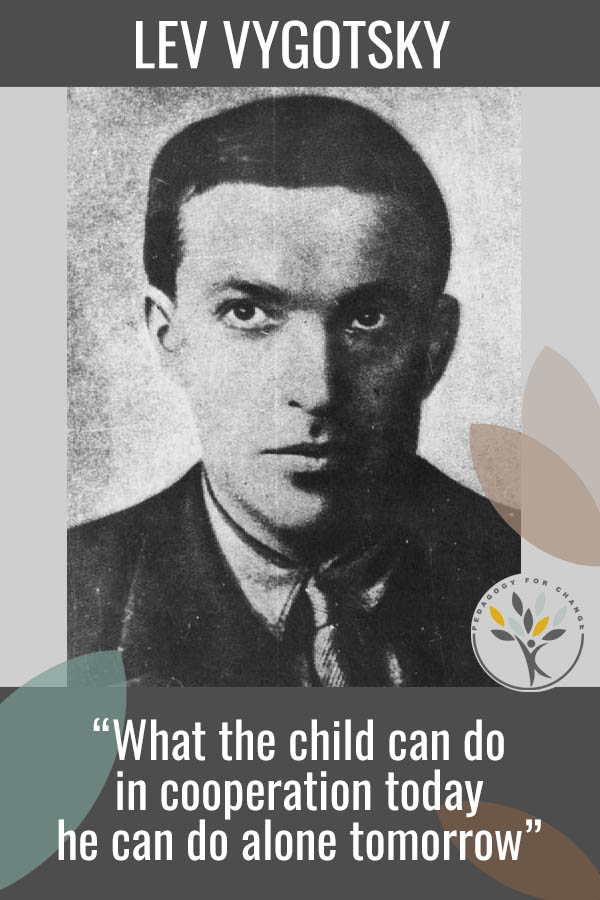
One of Vygotsky’s most famous contributions to educational psychology is the concept that children learn through the assistance of “more knowledgeable others” in the zone between “can do” and “cannot do”.
Vygotsky noted that new learning happens in the zone between what we already know how to do, on our own, (this is our “comfort zone”) and the scary place where we are in, way too deep. This gap between our “comfort zone” and our “anxiety zone” is where the magic happens – this is where we are close to developing the new skill or knowledge but need some assistance and encouragement to do so.
The Zone of Proximal Development
When we start to learn mathematics, for example, we start off with simple addition: 4 + 4 and 11 + 9 stuff. When we master that, it makes sense to move on to subtraction, because it is a similar concept which is quite easily grasped by a brain that understands addition. However, it probably requires some guidance from “a more knowledgeable other” – an older sibling, or a teacher, who can explain how subtraction works.
For the learner who just grasped addition, it would be too difficult to get started on algebra because it would require an understanding of many other mathematical concepts, like variables, constants, expressions, and equations. A jump from addition to algebra would simply be too wide. So – to build new knowledge we need to be close to our comfort zone and feel supported. Then we have the best conditions for learning new things.

A little-known genius who died young
Lev Vygotsky is considered a formative thinker in educational psychology, and much of his work is still being discovered and explored today. He lived in Russia during the tumultuous time when it became the Soviet Union. His experience of living in Russia before, during and after the revolution made an impact on his perspectives on life and the human condition. The whole period of Vygotsky’s professional life was a period of intense factional strife in the Soviet Union and in particular the period during which Stalin established absolute power within the USSR. Those were dangerous times for anybody with new ideas, including Vygotsky.
In addition, Lev Vygotsky fell ill with tuberculosis in 1920, a condition that would affect his health for the rest of his life.
In 1924 Vygotsky started researching topics such as language, attention, and memory at Moscow’s Institute of Psychology. Vygotsky was interested in a range of different topics, and completed 270 scientific articles, numerous lectures and ten books centred on child development, pedagogy, sociology, education, the psychology of art, and language development.
It wasn’t until the 1970s that Vygotsky’s theories became known outside of Russia, as new concepts and ideas emerged in the fields of educational and developmental psychology.
Culture is paramount in human development
Vygotsky’s approach to psychology can be traced to both his socio-cultural context (as a Russian Jew navigating through revolutionary times), and his genius-like skills of observation and knowledge integration, supported by a photographic memory.
The main difference between Vygotsky’s work and his contemporaries at the time was his focus on the individual’s interaction with their social environment. He believed that the dialectics between the individual, and the society they live in, play a significant role in any learning process. Children learn gradually and continuously from parents, peers and teachers, for example.
”A mind cannot be independent of culture”.
– Lev Vygotsky
Vygotsky realised that there is a complex relationship between culture and human development. However, what is being learned varies, depending on which culture and society the individual is interacting with. For example, the cognitive development of children who are in one culture or subculture, may be totally different from children who are from other cultures. Therefore, it would not be fitting to compare the developmental milestones of children from one culture to those of children from other cultures.
Also, Vygotsky stresses that the interaction between the individual and their society is a dynamic one. Society does not just impact people – people also affect their society. Vygotsky had experienced this first-hand, as a witness to the Russian revolution.

“What a child can do in cooperation today, he can do alone tomorrow.”
– Lev Vygotsky
Lev Semonovich Vygotsky
Born in Orsha, in the western Russian Empire.
Died of tuberculosis, just 37 years old.
In 1917, he earned a law degree at Moscow State University, where he studied a range of topics including sociology, linguistics, psychology, and philosophy. In 1925 he earned a degree in psychology at Moscow’s Institute of Psychology.
Between 1924 and 1934 he wrote six books about his research and theories about the way humans learn and grow within culture and society.
Read more about Vygotsky
Vygotsky’s revolutionary theory of psychological development
– by Jeremy Sawyer
“Vygotskian psychology provides a deeper understanding of the social basis of human nature and psychology—that human needs and aspirations are satisfied in collaboration with others, and that “human” development is impossible outside of human society. Emancipation from slavery, oppression, and exploitation has always necessitated mass, collaborative, social struggle. For this reason, Vygotsky ruthlessly critiqued the dominant international schools of psychology for neglecting the dynamic social, cultural, and historical bases of human development.”
MORE GREAT PEDAGOGICAL THINKERS
Axel Honneth
Through recognition, human beings develop self-confidence, self-respect, and self-esteem. The theory of recognition was developed by German philosopher and educator Axel Honneth.
Astrid Lindgren
Astrid Lindgren’s thoughts about children were provocative in the 1940s, and her approach to childhood as a phenomenon is progressive, even today.
Maya Angelou
In times of injustice and hardship, Maya Angelou’s call for humanity, unity and resilience teaches us many important life lessons. Her works inspire hope through action.
James P. Comer
“No significant learning can occur without a significant relationship.” Really? Does Dr. James Comer mean that students need to be close to their teacher to learn something?
Jean Lave
Jean Lave is a social anthropologist and learning theorist who believes that learning is a social process, as opposed to a cognitive one – challenging conventional learning theory.
Søren Kierkegaard
Making choices and taking action are at the very core of existentialism. By taking on these responsibilities, as human beings – we find the meaning of life.
Maria Montessori
Children prefer to work, not play. This is one of the main ideas of Maria Montessori, a trailblazers of early childhood education. “The child who concentrates is immensely happy” she noted.
Sofie ‘Rif’ Rifbjerg
Brought up in the countryside Sofie Rifbjerg knew intuitively that fresh air, free play & a deep respect for children’s own agency was paramount for their positive development.
Paulo Freire
Freire’s pedagogy was originally developed for the oppressed adult illiterates of Brazil, but it also inspired teachers and social educators all over the world. Liberation & solidarity are key.
